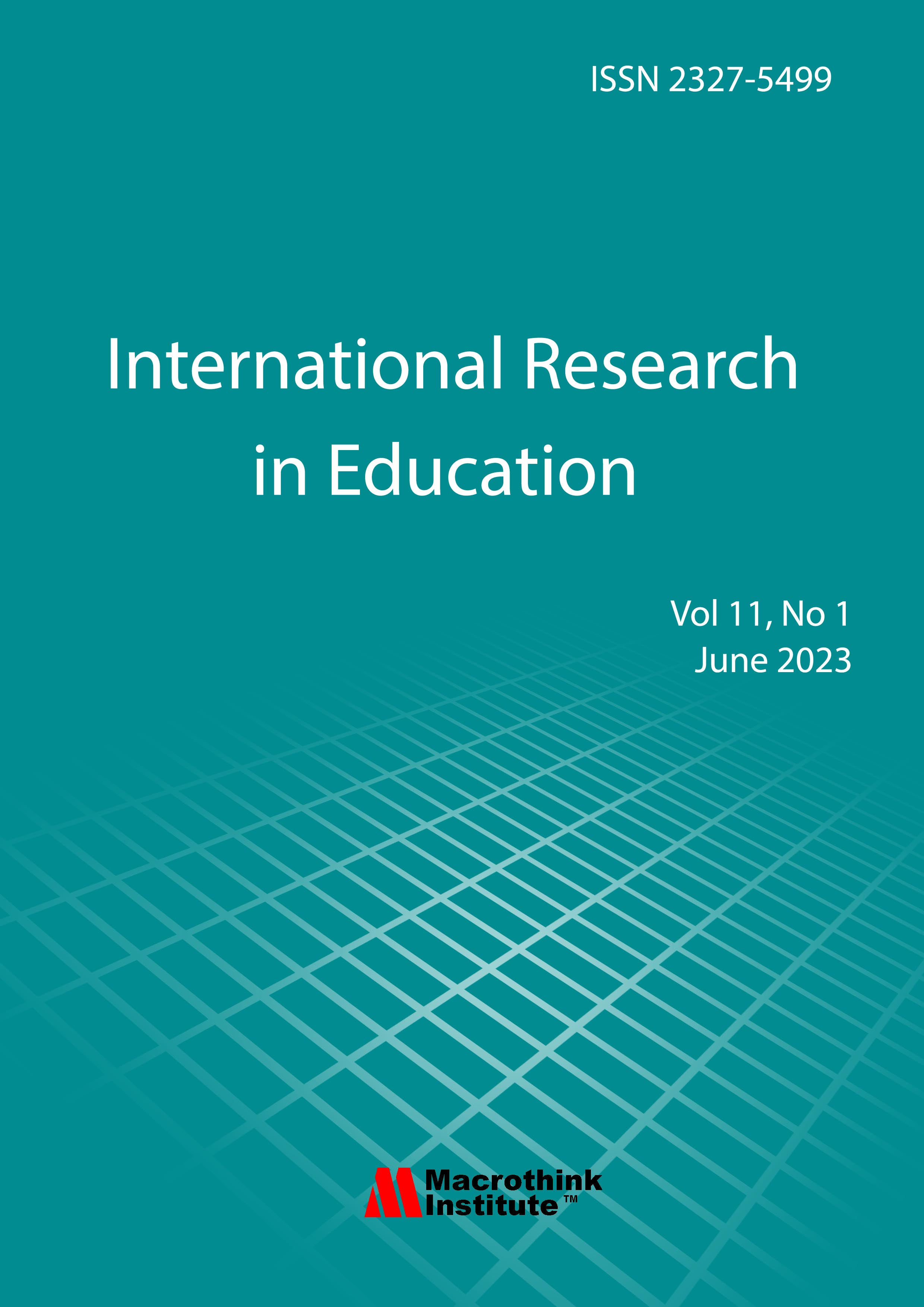An Integrative Qualitative Framework: Improving Research Through Strategic Mapping
DOI:
https://doi.org/10.5296/ire.v11i1.20921Keywords:
qualitative framework, dissertation design, validity and reliability, research problems, mixed methodsAbstract
Outside of education, many academic disciplines developed and promulgated checklists to evaluate the quality of qualitative studies. This article used an embedded mixed methods approach in three stages: development of a conceptual framework reviewing 62 guidelines; a content analysis of key areas of the guidelines; and review of dissertations to see how practices compare to model guidelines. Using 15 educational administration dissertations in the United States, a thematic analysis examined components of the three frameworks: planning the study, in the field, and reporting results. Many researchers failed to adequately describe methods in all phases, with lack of intensity in fieldwork being a ubiquitous problem. Developing validity and reliability should move from a post hoc procedure to a central component in all stages of design. The implications of the frameworks move beyond a rigid checklist and provide direction to develop strategic mapping for designing research in an iterative fashion to optimize representativeness of findings.




